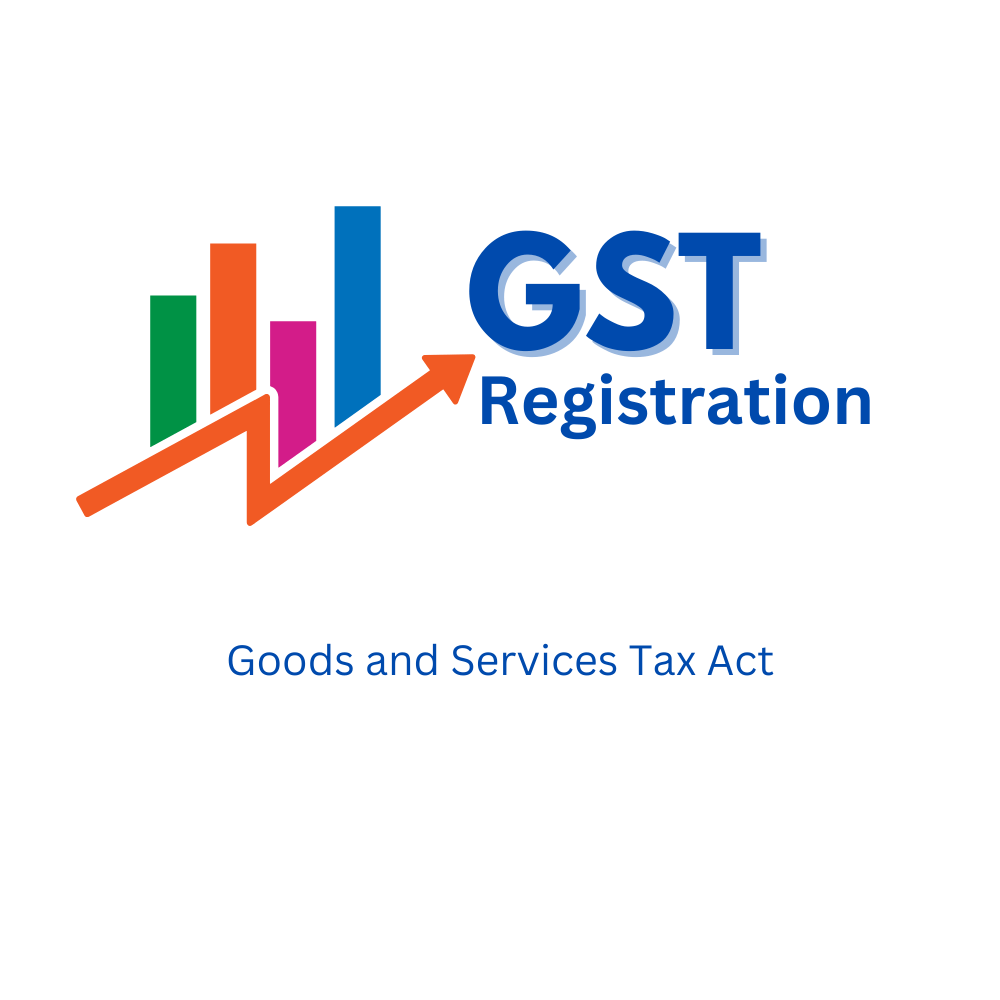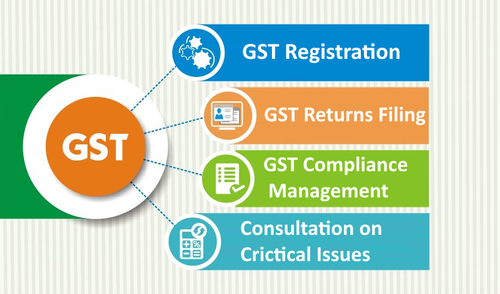Improving Your Singapore GST Registration: An Extensive Approach
Improving Your Singapore GST Registration: An Extensive Approach
Blog Article
Making The Most Of Tax Efficiency: Expert Tips on Navigating the GST Enrollment Maze for Small Businesses
Navigating the detailed landscape of Goods and Provider Tax (GST) enrollment can be a labyrinthine task for little businesses intending to optimize their tax performance. In this discussion, we will certainly explore expert insights and workable guidance that can encourage small services to browse the GST registration labyrinth effectively and enhance their tax obligation efficiency.
Eligibility Standards
Eligibility demands for Small company GST Registration include details criteria that companies should fulfill to follow tax obligation policies. To get approved for GST enrollment, a business must have an annual turnover going beyond the threshold set by the tax obligation authorities, which differs by nation. Additionally, companies included in inter-state supply of products or services, or those selling goods online, may be needed to register for GST, regardless of their turn over. It is essential for businesses to accurately identify their eligibility based on these turnover thresholds to avoid penalties for non-compliance. Singapore GST Registration.

Documents Requirements
The required documentation generally includes evidence of service registration or identification, consolidation and address evidence of the organization owner, photos, financial institution account information, and evidence of the principal place of service. Additionally, businesses need to give information of their company tasks, consisting of the services or products supplied.
In addition to the obligatory files, services might additionally be required to submit added information based on their details scenarios. This can include documents connected to partnerships, the consent of signatories, or any kind of various other relevant contracts. Keeping all necessary documentation organized and readily easily accessible can enhance the registration process and aid companies comply with the requirements efficiently - Singapore GST Registration. Failure to provide the needed paperwork might lead to delays and even denial of the GST enrollment application. Therefore, meticulous focus to information and adherence to the documents standards are essential for an effective GST registration process for local business.
Timing Factors To Consider
Considering the crucial paperwork demands have been diligently dealt with, the following crucial facet for local business starting the GST enrollment process is the tactical monitoring of timing considerations. Timing plays a pivotal duty in GST enrollment, impacting not just compliance yet also monetary facets of the business. Local business need to very carefully intend the timing of their GST registration to make best use of benefits and reduce prospective dangers.

Moreover, services must line up the timing of their GST registration with their operational readiness. Adequate prep work, such as upgrading accountancy systems and training personnel, is necessary to effortlessly integrate GST needs right into day-to-day procedures. By tactically managing timing factors to consider, local business can browse the GST enrollment process efficiently and maximize their tax obligation efficiency.
Enrollment Refine Tips
Efficiently navigating the GST enrollment process needs tiny services to implement positive and critical registration procedure pointers. This includes service enrollment documents, proof of address, financial institution statements, and identification evidence of the organization owners.
Furthermore, recognizing the thresholds and requirements for GST registration based upon the details state or territory where the company runs is important. Some states have different turn over limits that cause obligatory registration, so being notified best site concerning these limits can help companies prepare in advance.
An additional valuable suggestion is to think about seeking expert aid from accountants or tax specialists who focus on GST registration. Their experience can streamline the procedure, reduce mistakes, and ensure compliance with all policies.
Compliance Finest Practices
Browsing the GST enrollment process smoothly requires not only calculated registration process suggestions but also persistent adherence to compliance best methods to ensure ongoing governing placement. Small companies need to prioritize compliance to stay clear of fines and preserve a good standing with tax authorities. One important ideal technique is to maintain precise and in-depth documents of all purchases. This includes invoices, invoices, and other financial records that may be required for tax obligation audits or compliance checks. Additionally, remaining notified about any kind of adjustments or updates to GST guidelines is vital. If required to ensure they are satisfying all requirements, little business proprietors should regularly examine federal government guidelines and look for professional suggestions. Singapore GST Registration. It is likewise advised to file GST returns promptly to prevent late costs and charges. By including these compliance finest practices into their procedures, small services can navigate the complexities of GST enrollment with confidence and effectiveness.
Final Thought
Finally, small companies can navigate the GST registration maze by ensuring they meet eligibility criteria, gather required documentation, consider timing implications, follow registration process tips, and stick you could look here to compliance best practices. By making best use of tax obligation performance through proper GST registration, companies can improve their economic administration and procedures.
Navigating the elaborate landscape of Goods and Services Tax (GST) registration can be a labyrinthine task for small companies aiming to maximize their tax obligation efficiency.Qualification demands for Small Service GST Enrollment include details criteria that businesses must meet to comply with tax guidelines. The needed paperwork generally includes evidence of organization enrollment or consolidation, address and identity evidence of the service owner, photos, bank account information, and proof of the major place of organization. Furthermore, businesses require to provide details of their business tasks, consisting of the products or solutions supplied.Effectively navigating the GST enrollment process needs tiny companies to carry out strategic and positive enrollment process ideas.
Report this page